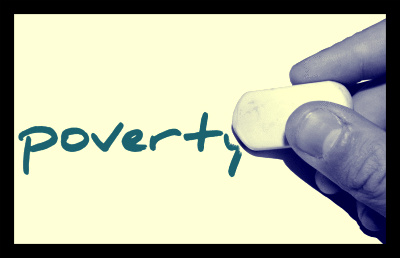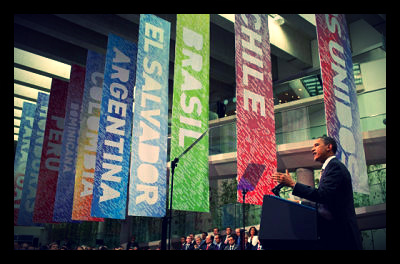
Following recent labor union protests in Bolivia, demanding an increase in the minimum wage, President Evo Morales has acquiesced to their demands by increasing the Bolivian minimum wage 20 percent from 1,200 Bolivianos (around $175) to 1,488 Bolivianos (about $215). This increase in the minimum wage has come as a result of a small but concerted effort on behalf of the Bolivian Central Labor Union to agitate for change. Workers were concerned that their wages were not keeping up with inflation, which is currently sitting at 6.5 percent.
Morales explained the reason for the increase in the minimum wage is the economic growth Bolivia has experienced recently, which grew at a rate of 5.2 percent in 2012.
The leader of the Bolivian Central Labor Union, Juan Carlos Trujillo, stated that he asked Morales to recognize “the need and the obligation to create a salary structure which is based on the country’s growth and the recognition that the riches of Bolivia have to be shared between the haves and the have-nots in equal measure.”
Other groups were not so pleased with the announced rise in the minimum wage, saying that the move would simply result in workers paying more through taxes. Moreover, the move can also be seen as political maneuvering and as an attempt to curry favor amongst the workers in time for presidential elections in October, when Morales is going to run for a third term.
The original proposal by the government was for the minimum wage to be increased by 10 percent, until trade unions negotiated a higher rise. Analysts have noted that the increase in the minimum wage would not affect the majority of workers since most people earn above 1,400 Bolivianos (about $203.) The rise would affect house workers and trash men.
Morales himself was a notable leader in the cocalero trade union movement for indigenous coca growers prior to being elected president. Since being elected president in 2006, Morales has helped triple Bolivia’s gross domestic product to $27 billion.
– Jeff Meyer
Sources: La Razon, BBC, Bolivia Information Forum
Photo: Nation of Change



